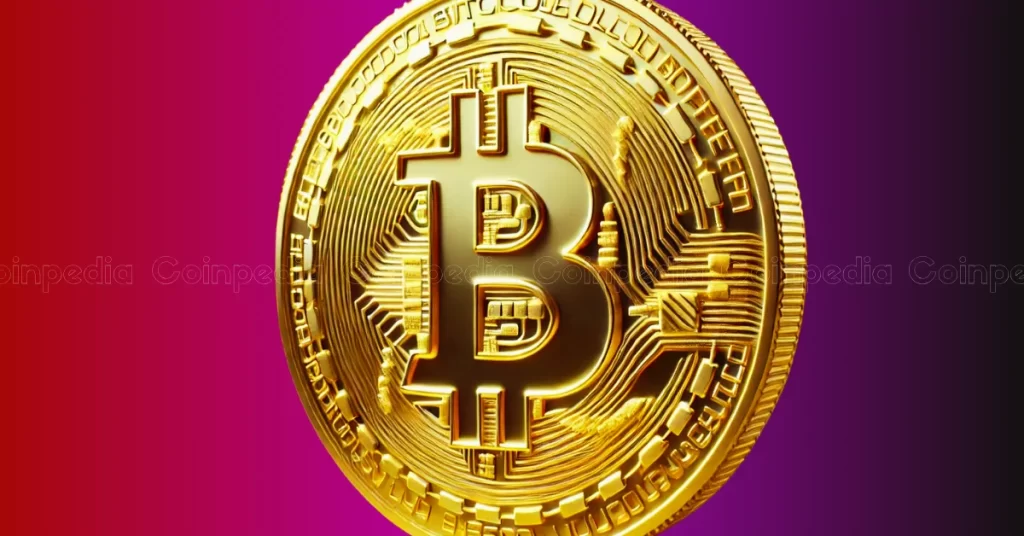
The post Can India Afford to Ignore Bitcoin? Bernstein asks in a final note first appeared on Coinpedia Fintech News
While Bernstein rejoices in new global crypto optimism following Trump’s election victory, Bitcoin has surpassed its all-time high. But as the world’s fifth-largest economy and largest democracy, can India afford to ignore Bitcoin, Bernstein asked in his latest note.
It wondered whether leading Indian asset managers can follow global peers in launching Bitcoin ETFs; and also spoke about the role that Indian regulators should play in the future. While it has more questions than answers, they are trying to envision a Bitcoin trajectory for India.
The great American shift towards BTC and Crypto
The US just elected its first crypto-friendly President-elect Trump. He has promised a new future where the US would be the Bitcoin and crypto capital of the world. The intention is to make Bitcoin a national strategic reserve that would never sell Bitcoin from the US government and acquire new Bitcoin.
Bernstein noted that India’s crypto story is trapped in this false premise of central bank digital currency (CBDC) and what the government calls “private crypto.”
“This framing is its own pitfall. India led the way in global payments and fintech thanks to the success of UPI, which today is the largest payments network in the world by number of transactions. The next logical path would be a CBDC that would digitize the rupee and further expand India’s digital stack as a monetary instrument for the government,” Bernstein said.
However, treating Bitcoin as a private currency ignored Bitcoin’s strong proposition as a “store of value” in a world facing looming inflation, record US debt, budgetary indiscipline and geopolitical risks.
‘The digital gold’
While noting that India has highlighted the growth of its gold reserves, from 557 tonnes to 854 tonnes (53 per cent growth) over the past decade, and reduced gold holding risk by transferring almost 100 tonnes of gold back to India from Britain move. it also meant that Bitcoin is a way for governments to build up ‘digital gold’ reserves, without the risk of censorship by countries that physically own gold, in a world where international relations are fragile and dollar reserves are subject to US fiscal risks.
Bitcoin policy is urgent
It has encouraged the Indian government to work on a national Bitcoin policy, as part of a broader crypto policy. It emphasized that Bitcoin is urgent as global asset managers, international governments and corporations aim to acquire Bitcoin as a strategic asset.
“Crypto policy is complex and may take time to reach consensus, but Bitcoin policy is urgent and of national strategic importance,” Bernstein said.
It stated that Indian asset managers should consider participating in regulated Bitcoin and crypto products. Their role in ensuring security and compliance for Indian investors is critical as retail demand for crypto investments continues to grow.



 Bernstein urges the Indian government to consider this
Bernstein urges the Indian government to consider this